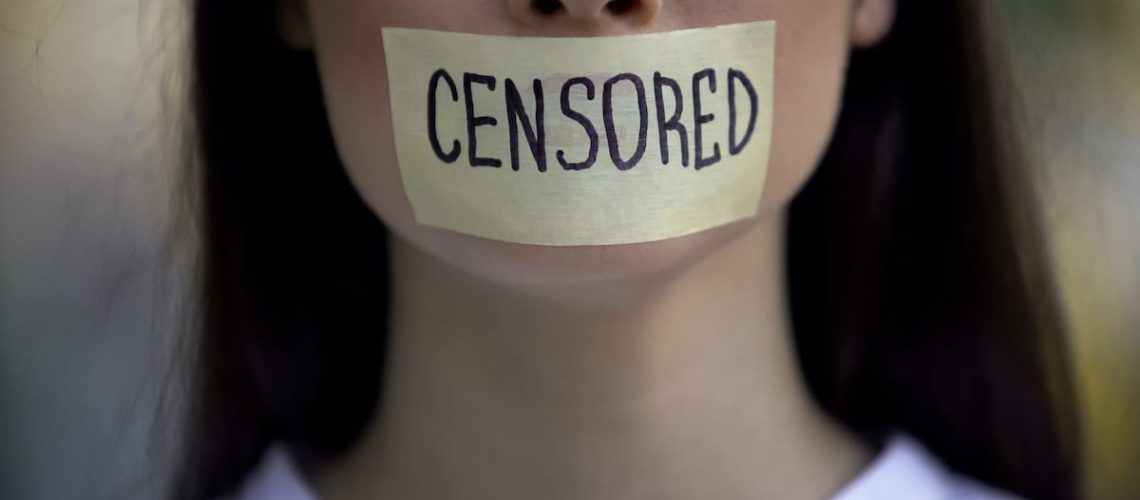Did you know that some of the most common phrases you use every day have deeply racist origins? This isn’t just about being “politically correct”—it’s about understanding the history behind our words and striving for more inclusive language. How many of these phrases have you unknowingly used, and what can we do to change this?
Language evolves over time, but the origins of certain phrases can carry significant weight. Here are 20 phrases with racist roots that you might not be aware of:
1. Sold Down the River

Meaning betrayed or cheated, this phrase originally referred to enslaved people being sold down the Mississippi River to harsher conditions on plantations in the Deep South. Think about that the next time you use it casually.
2. No Can Do

Indicating an inability to do something, this phrase mocks the broken English of Chinese immigrants in the 19th century. Is that really the kind of humor we want to propagate?
3. Long Time No See

Similar to “No can do,” this phrase mimics the speech patterns of Native Americans or Chinese immigrants, reducing their languages to stereotypes. Are we really okay with that?
4. Eenie Meenie Miney Moe

The original version of this children’s rhyme included a racial slur and was used to demean Black people. Using it today without knowing its origins can perpetuate that hurt.
5. Master Bedroom

This term is linked to the era of slavery in the United States, referring to the room where the master of the house would sleep. It’s a stark reminder of a painful past.
6. Uppity

This word, meaning arrogant or self-important, was used by white people in the South to describe Black people who didn’t know their “place.” Consider that the next time you label someone “uppity.”
7. Grandfather Clause
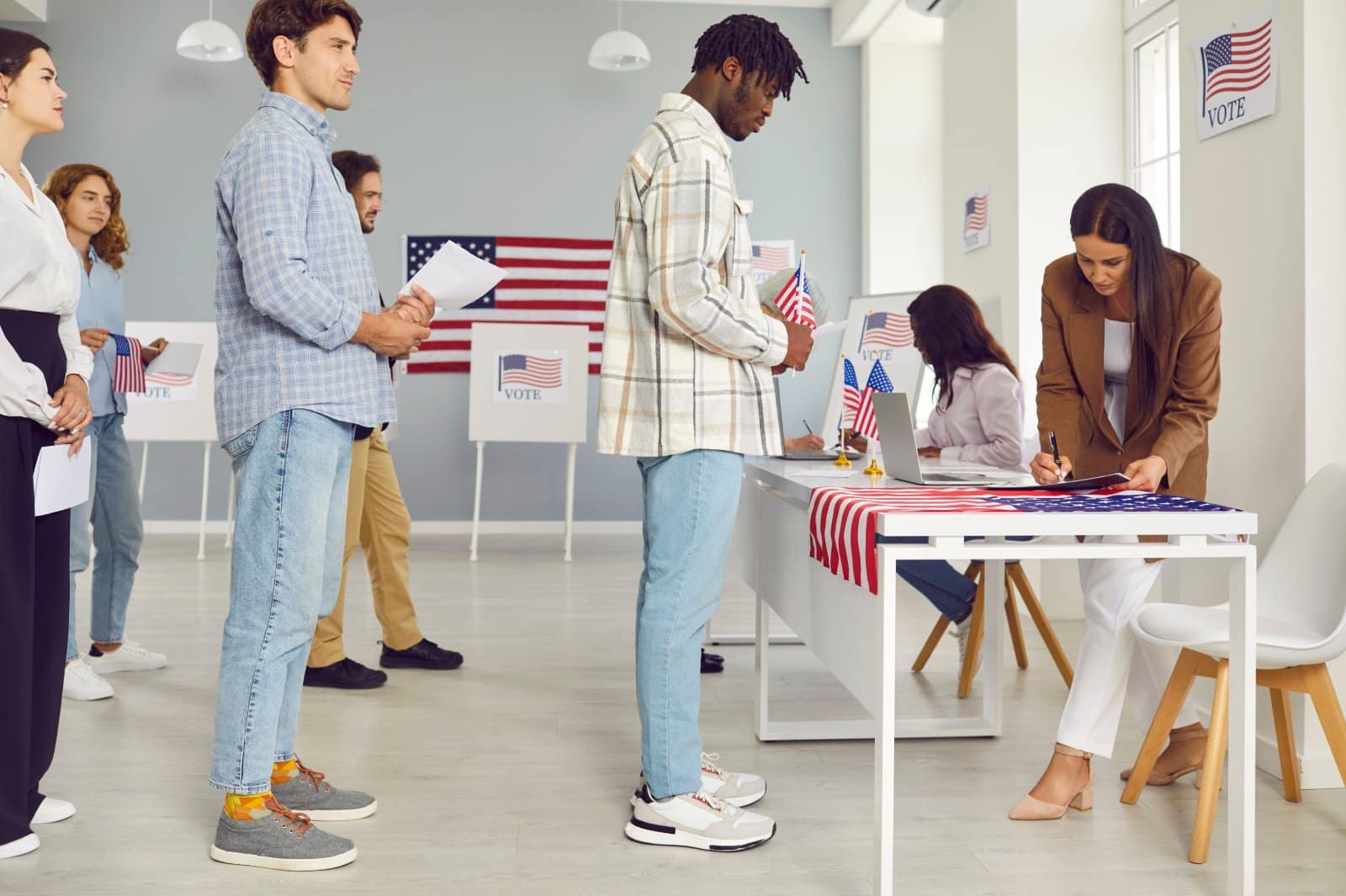
Originally, this term was used to describe laws that allowed white voters to bypass literacy tests and other barriers that disenfranchised Black voters, as long as their ancestors had the right to vote before the Civil War. It’s a term rooted in racial exclusion.
8. Hip Hip Hooray

While commonly used to express joy, this chant has a dark history in Europe, where it was used as a rallying cry during anti-Semitic pogroms. Is it worth celebrating with such a tainted phrase?
9. Paddy Wagon
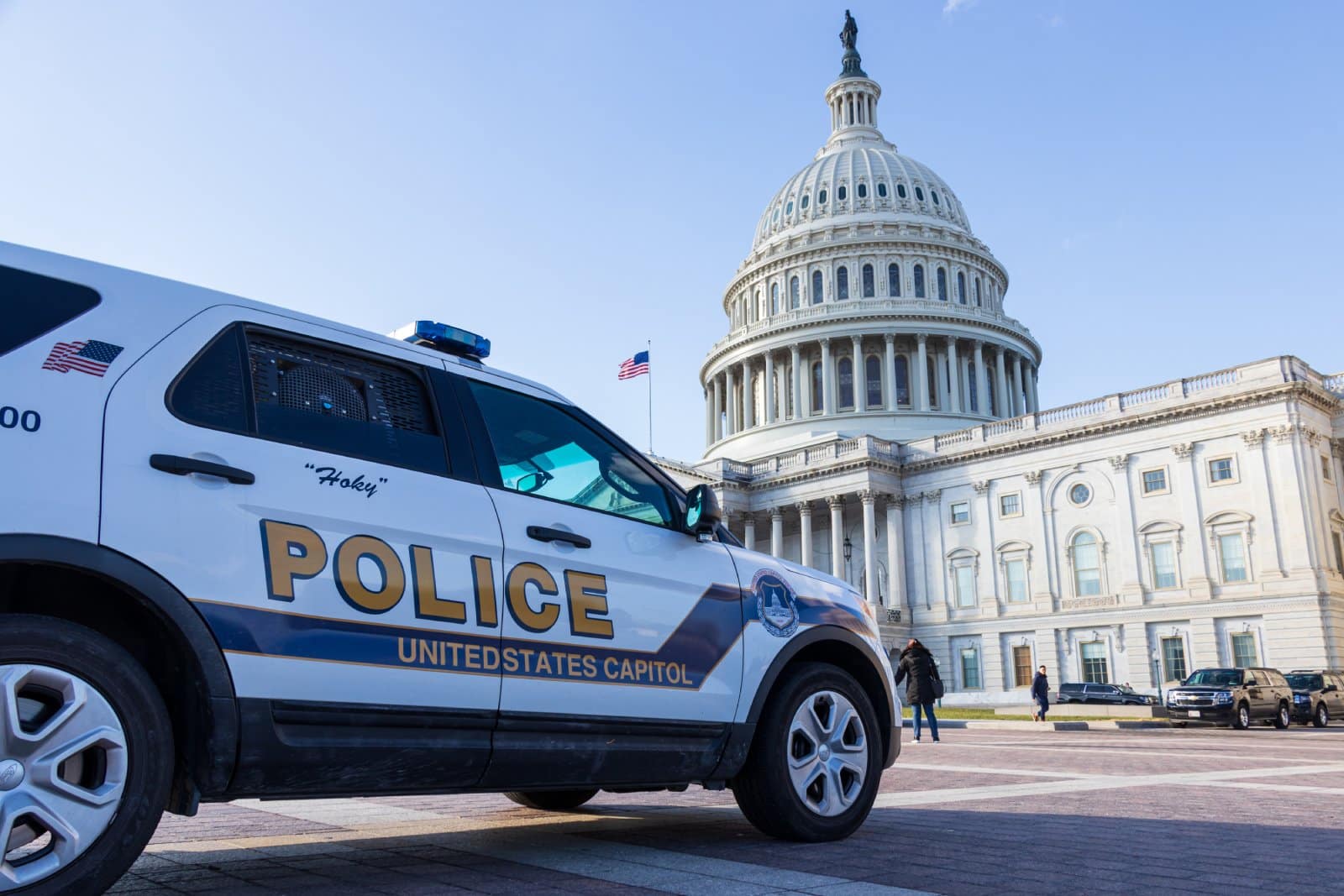
This term, used for police vans, is derived from “Paddy,” a derogatory term for Irish people, reflecting the stereotype of Irish individuals as criminals. Let’s move beyond such outdated labels.
10. Hooligan
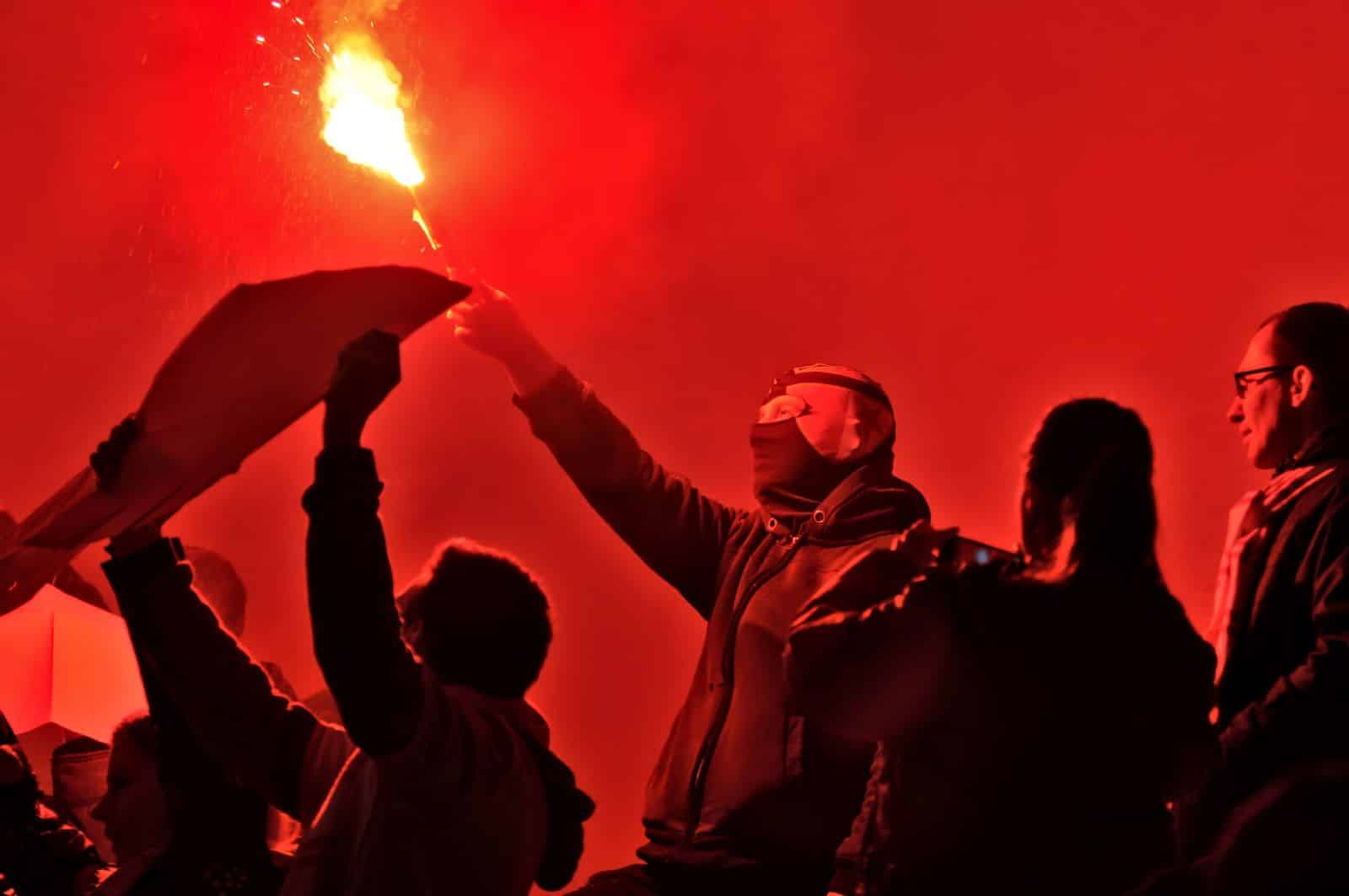
This word, meaning a troublemaker, has roots in anti-Irish sentiment and was used to stereotype Irish immigrants as rowdy and violent. Using it today continues to echo those prejudices.
11. Cakewalk

Originally referring to a dance performed by enslaved Black people to mock their owners, the term evolved into meaning something easily accomplished, ignoring its demeaning origins. Is that a history we want to forget?
12. Lynch Mob
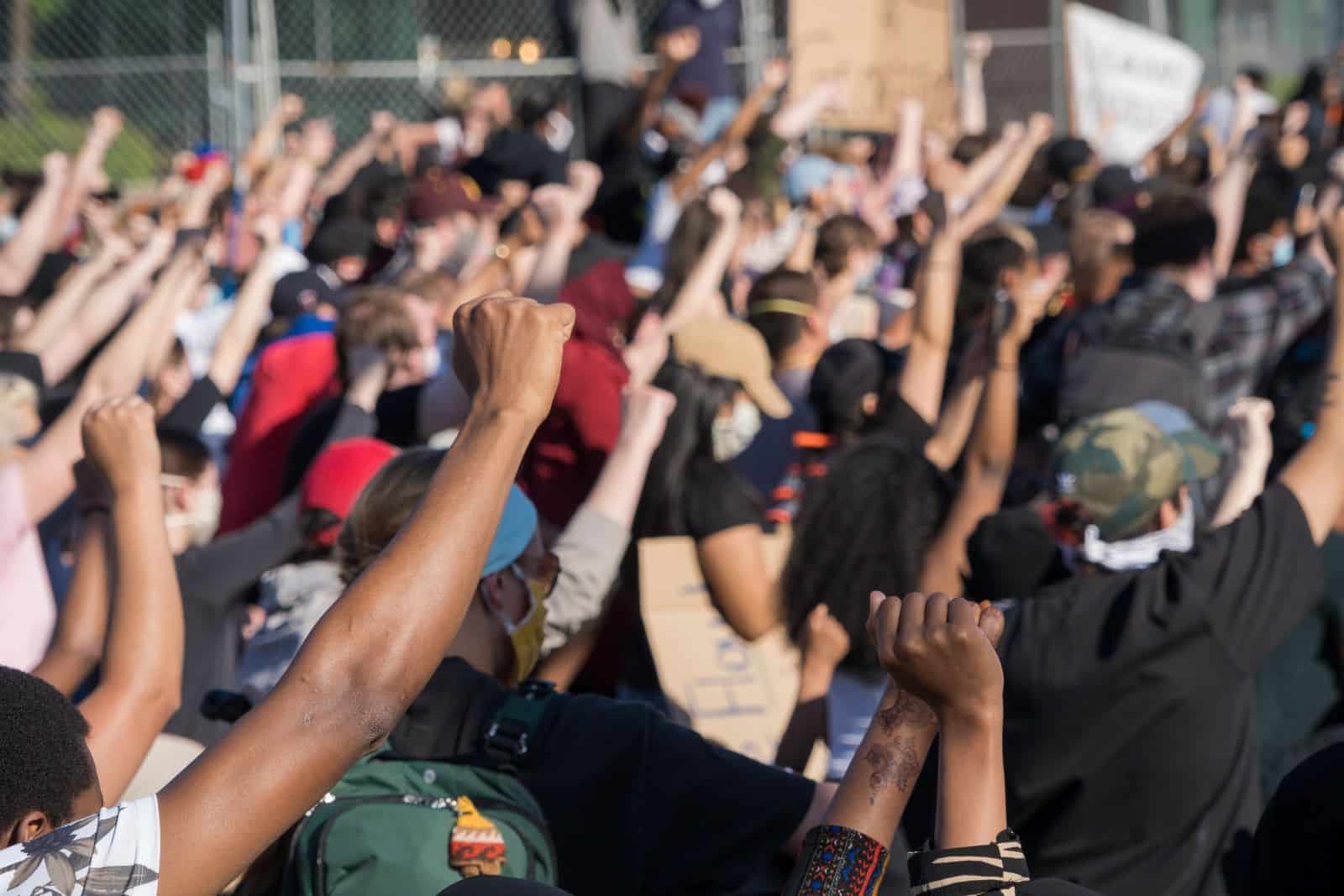
The term “lynch mob” refers to a group intent on extrajudicial justice, often associated with the lynching of Black people in the United States. It’s a violent and racially charged term that shouldn’t be used lightly.
13. Indian Giver

This term, meaning someone who gives a gift and then wants it back, perpetuates negative stereotypes about Native Americans and their supposed untrustworthiness. Let’s be more respectful of Native American cultures.
14. Eskimo

Now considered derogatory, “Eskimo” was used by colonizers to describe Inuit and Yupik people, and it is not the name they use for themselves. We should use the names that people choose for themselves.
15. Squaw

This term, historically used to refer to Native American women, is now recognized as offensive and degrading. It’s time we stop using it.
16. Yellow-Bellied

Meaning cowardly, this term has racist connotations linking it to the offensive depiction of Asians with yellow skin. Let’s find other ways to describe cowardice.
17. Shuck and Jive

Originally referring to deceptive behavior, this phrase comes from African American vernacular and was used to describe the behavior enslaved people used to appease their owners. It’s a term that trivializes their experiences.
18. Race Card

The term “playing the race card” is used to accuse someone of bringing up race to gain an advantage or excuse. It dismisses legitimate concerns about racism and is often used to silence discussions about racial issues. Are we really listening to each other?
19. Spirit Animal

This term, often used to describe something or someone one feels a deep connection with, appropriates Native American spiritual practices and reduces them to a trendy catchphrase. Let’s respect cultural significance.
20. Ghetto
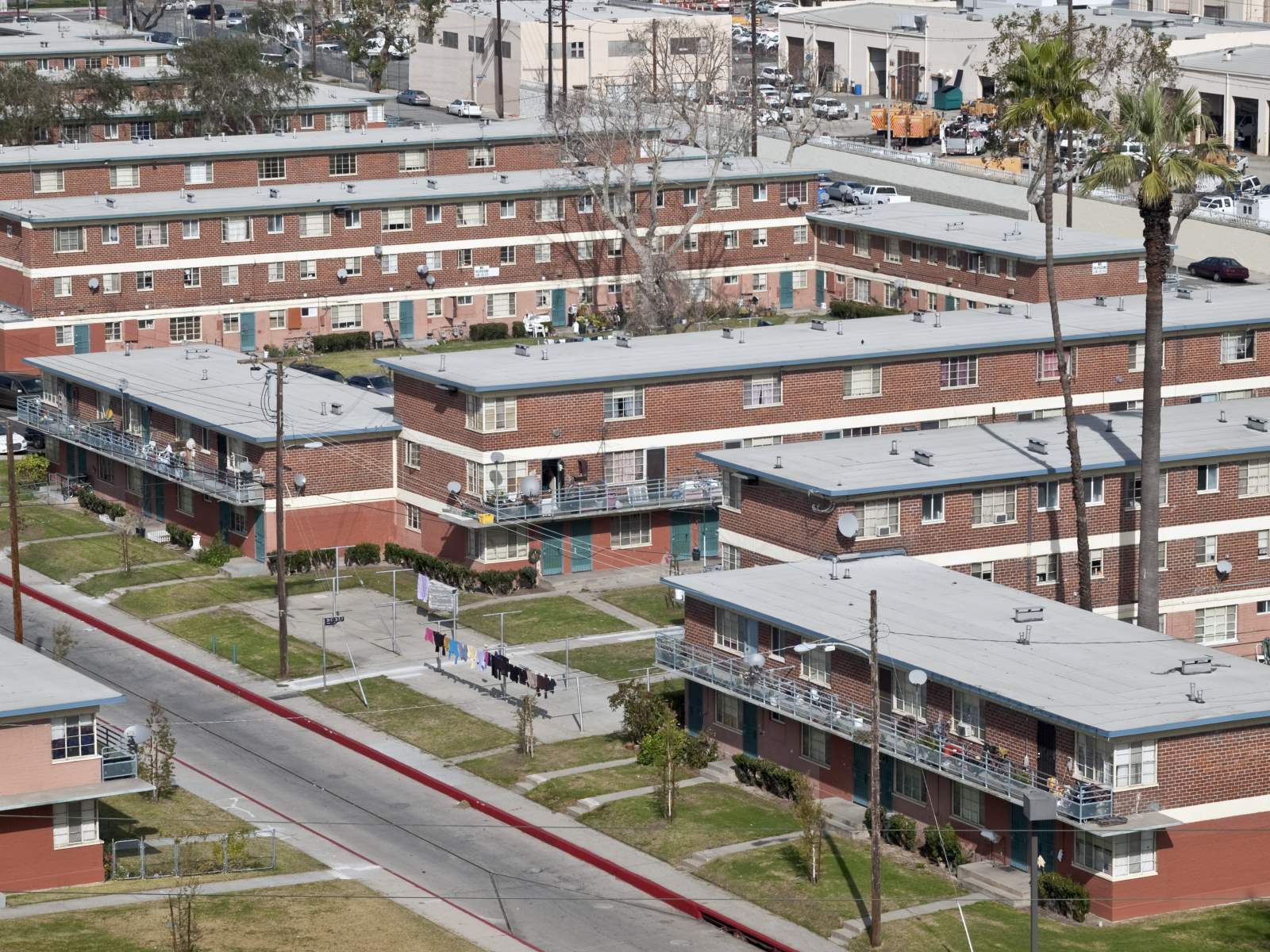
Originally used to describe areas where Jewish people were forced to live, “ghetto” has evolved into a derogatory term to describe poor, predominantly Black neighborhoods. It perpetuates negative stereotypes about the people living in these areas. Let’s be mindful of the impact of our words.
Reflecting on Language

These phrases highlight how deeply racism can be embedded in our everyday language. How many of these phrases did you know about, and what steps can we take to replace them with more positive language?
21 Beliefs About the Bible That Are Actually False

The Bible is one of the most discussed and debated books in history, yet many common beliefs about it are more myth than fact. How many of these misconceptions have you heard before? 21 Beliefs About the Bible That Are Actually False
21 Subtle Racisms That Are Commonplace in America

Racism in America isn’t always overt; it often hides in plain sight through subtle actions and attitudes. How many of these subtle racisms have you noticed around you? 21 Subtle Racisms That Are Commonplace in America
Only Legal in America: 21 Things You CAN’T Do in the Rest of the World
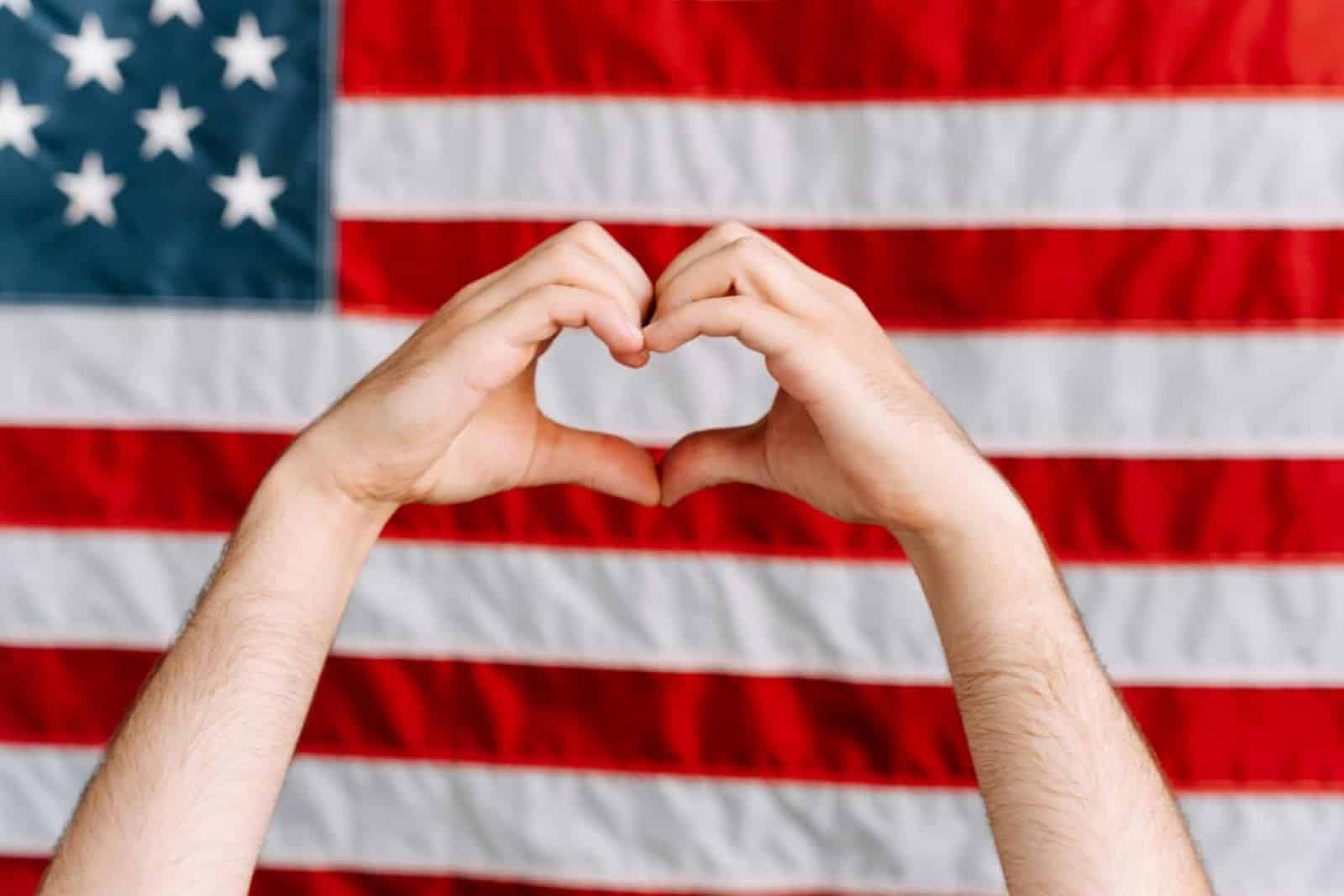
The U.S. dances to its own beat, especially when it comes to laws that make the rest of the world do a double-take. Here’s a lineup of things that scream “Only in America,” sticking strictly to what’s written in the law books. Ready for a tour through the American legal landscape that’ll leave you wondering if freedom might just be a bit too free? Only Legal in America: 21 Things You CAN’T Do in the Rest of the World
Featured Image Credit: Shutterstock / Motortion Films.
For transparency, this content was partly developed with AI assistance and carefully curated by an experienced editor to be informative and ensure accuracy.

